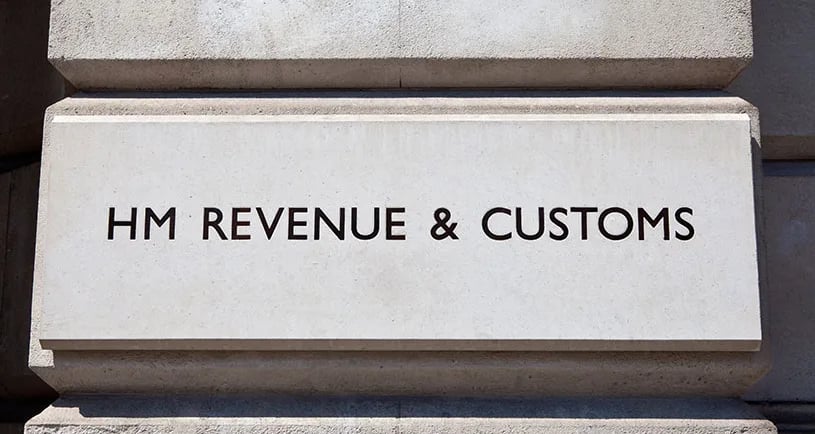Accounting | Bookkeeping | Corporation Tax | Company Formations | PAYE | CIS | Sole Traders | Landlords | Capital & Crypto gains Tax | Mortgages
Understanding HMRC's Authority to Access Bank Accounts Without Consent
6/8/20252 min read


Introduction
The HM Revenue and Customs (HMRC) has various powers to ensure compliance with tax laws in the UK. Among these is the authority to check an individual's bank account without their explicit permission. While this sounds alarming, if HMRC feels they have probable cause to investigate, they can check documents like your bank records directly with the third party.
HMRC's Powers Explained
Under the Finance Act and related legislation, HMRC can issue FINs (Financial Institution Notices) that allow them to request information from banks concerning an individual’s financial transactions. While this might seem intrusive, it is justified under the premise of detecting tax evasion or ensuring correct tax payments. The law allows HMRC to rely on data from financial institutions if there is reason to believe that an individual is failing to comply with tax obligations.
What are FIN?
HMRC's access to bank account information is underpinned by legislation since 2021 as the Income Tax Act and the Finance Act. FINs (Financial Institution Notices) allowed HMRC to access information from financial institutions about taxpayers. FINs allow HMRC to go directly to your bank, for example, and request information about your finances.
And they can do this without your permission. Before FINs, HMRC had to ask for permission from you or a judge to access this information, but not anymore.
If HMRC believe it’s a ‘reasonable request’ as part of their investigation, they can use a FIN to request your:
financial statements
loan repayments
investment information
account ownership information
Implications for Individuals
Individuals may find the prospect of such checks concerning, but it is vital to recognise that HMRC typically has valid reasons for investigating. If an individual is informed that HMRC is reviewing their bank transactions, it often means they are gathering evidence related to potential discrepancies in tax filings. However, these measures are not arbitrary; they must be grounded in specific legal frameworks, and individuals have rights throughout the process. HMRC is required to follow established protocols to avoid misuse of these powers.
When would HMRC use a FIN?
FIN is a tool for tax investigations. They’re typically used if HMRC believes someone is evading tax, but they’ll sometimes be used in cases of bankruptcy and debt collection too.
There are a few different reasons why HMRC might want to investigate your financial information:
Inconsistencies in your Self Assessment – if the figures you submit to HMRC don’t match your industry, lifestyle, or previous returns, they may investigate further
Whistleblower – you can be reported by someone if they believe you’re evading tax
Random checks – HMRC will occasionally do random checks on taxpayers as part of their audits
Tips to avoid HMRC investigations.
Here are a few tips to try and avoid mistakes that could lead to an HMRC investigation:
If you are a sole trader, keep your finances separate. such as using a business account instead of a personal account for business income and expenses.
Keep detailed records – accurate records of your business’s income and expenses will help avoid any discrepancies in your tax return
file on time – sometimes a late filing is enough for HMRC to take a look at your records
Be honest with expenses – don’t stretch the limit of allowable expenses.
If you accidentally pay for personal items with company money, make sure to reimburse the company promptly.
Contacts:
Email: Hello@mbm-accountex.com
MOB: 07448424331 Mainline: 02034322231
Find us on social:
Subscribe to our newsletter:
Luton
Slough
Innovation centre & Business base point, 110 Butterfield, Great Marlings, Luton, LU2 8DL
Spaces, The Porter Building,1 Brunel Way, Slough, Berkshire, SL1 1FQ
182-184 High Street North
East Ham, London
E6 2JA
London
